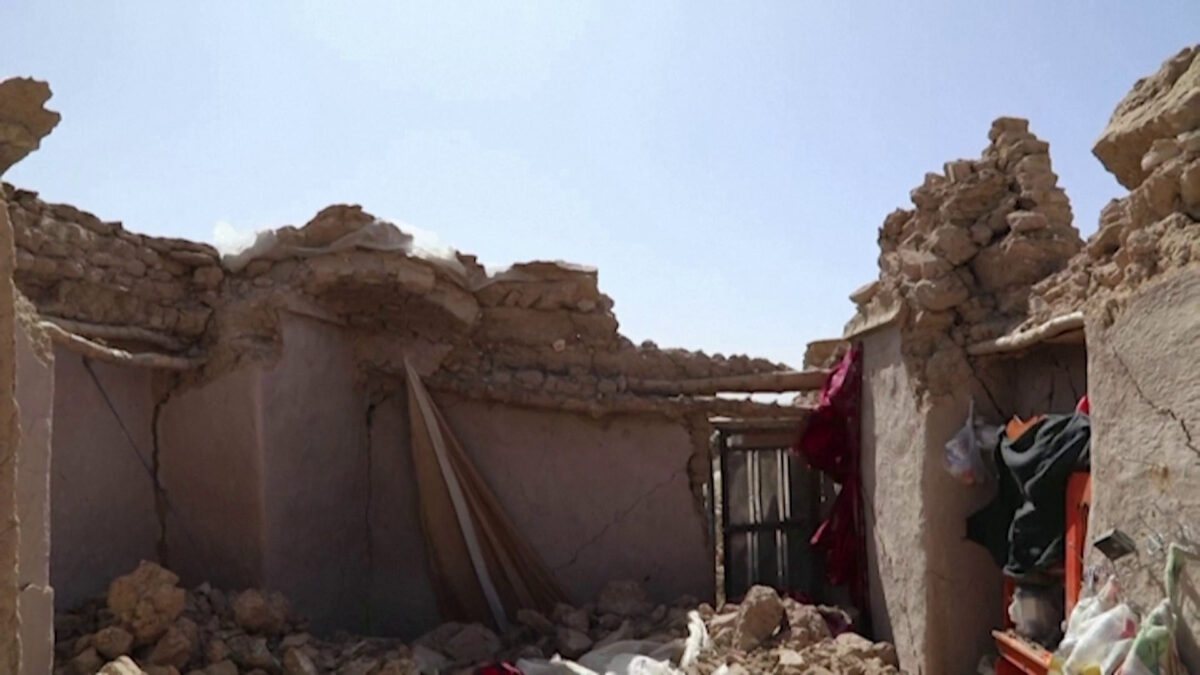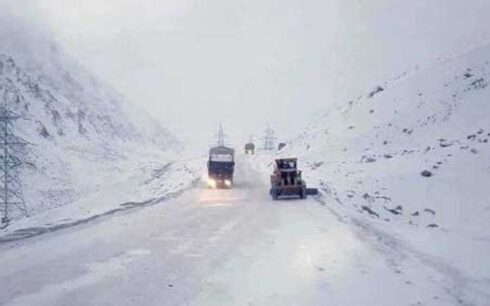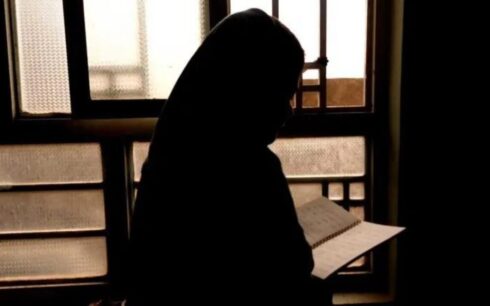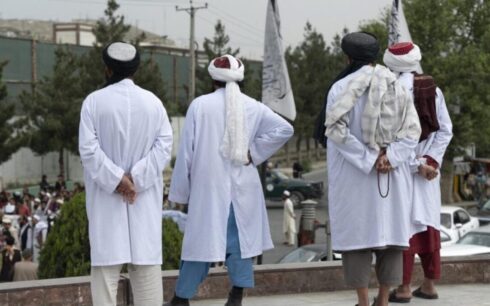In response to the catastrophic earthquake that struck the western province of Herat in Afghanistan over the weekend, Amnesty International has emphasized the imperative need for urgent action to assist those affected.
“Amnesty International extends our deepest condolences to the families who have lost loved ones in the devastating earthquake,” stated Zaman Sultani, Amnesty International’s regional researcher for South Asia.
Amnesty International is urging the Taliban’s de facto authorities to promptly address the immediate and essential needs of the affected communities while ensuring that rescue and relief efforts are conducted without discrimination and in accordance with international human rights standards.
Sultani emphasized, “It is crucial that all assistance prioritizes the most vulnerable groups, who often face compounded challenges in crisis situations, including women, children, older individuals, and people with disabilities.”
Amnesty International reports that people in Afghanistan are already grappling with the impacts of an acute economic crisis and several years of conflict. As the winter months approach, Amnesty International calls upon the de facto authorities and the international community to swiftly allocate resources to support access to housing, adequate food, clean drinking water, safe sanitation, and healthcare. Thousands of families are now facing an uncertain future as their homes have been destroyed by the earthquake. The de facto authorities must also ensure safe and unhindered access to the affected regions for humanitarian agencies.
On October 8th, a powerful earthquake struck the western province of Herat in Afghanistan. It ranks among the deadliest quakes worldwide this year, with the Taliban’s de facto authorities reporting more than 2,400 fatalities. According to the United Nations Office for the Coordination of Humanitarian Affairs (UNOCHA) in Afghanistan, over 1,000 people were killed, and more than 1,600 were injured.
Afghanistan’s healthcare system, which has been largely reliant on foreign aid, has faced severe funding cuts in the two years since the Taliban took control. Furthermore, the ban on Afghan women working for the UN and other NGOs in Afghanistan has the potential to hamper relief efforts.





